7 Best Strategies of Caring for Someone with Dementia: Making Life Easier
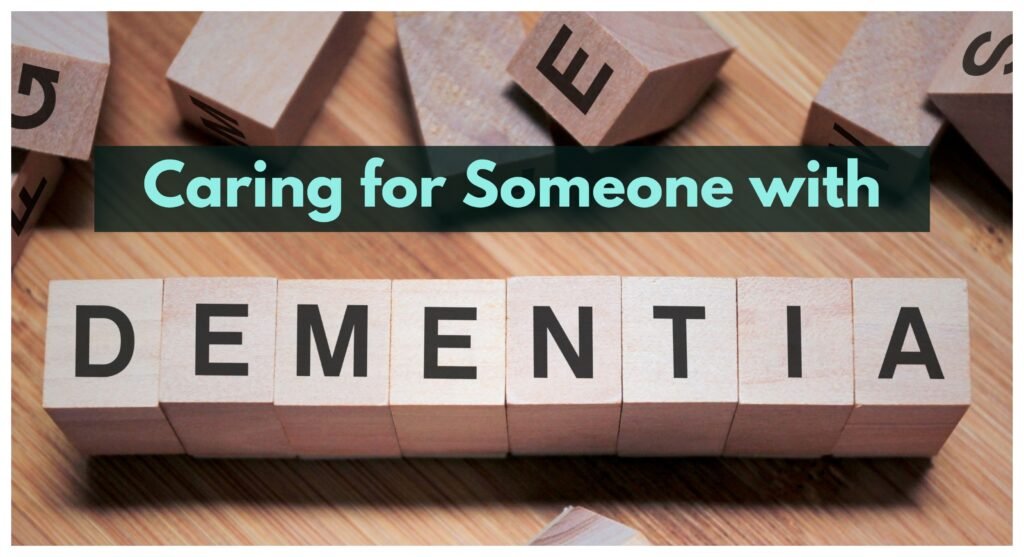
Last Updated on February 23, 2026 by Team MSW
Caring for someone with dementia is both a profound challenge and a deeply meaningful journey. Whether you’ve noticed your loved one putting reading glasses in the refrigerator or becoming disoriented in familiar places, dementia care requires patience, knowledge, and specialized strategies.
Nearly 7 million Americans currently live with dementia, with that number expected to double by 2060. The good news? Research shows that with the right approaches, both caregivers and those with dementia can maintain better quality of life.
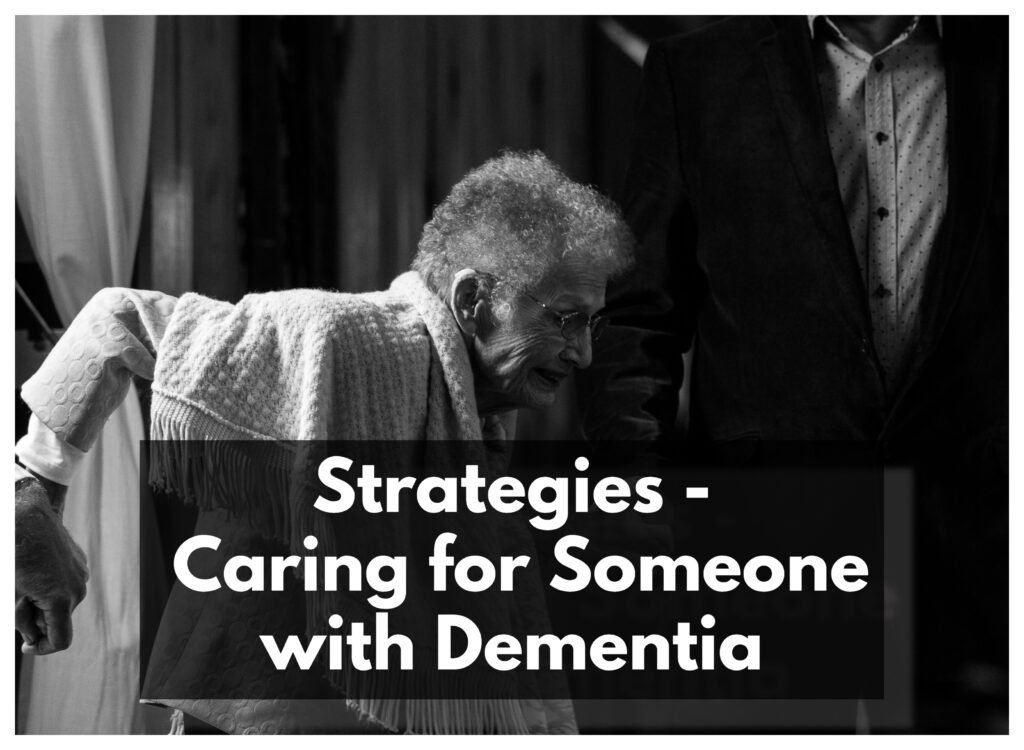
In this comprehensive guide, we’ll explore evidence-based strategies for establishing routines, simplifying tasks, managing behavior changes, creating supportive environments, and most importantly, taking care of yourself as a caregiver.
These practical techniques can help transform what often feels overwhelming into a more manageable and even rewarding experience for everyone involved.
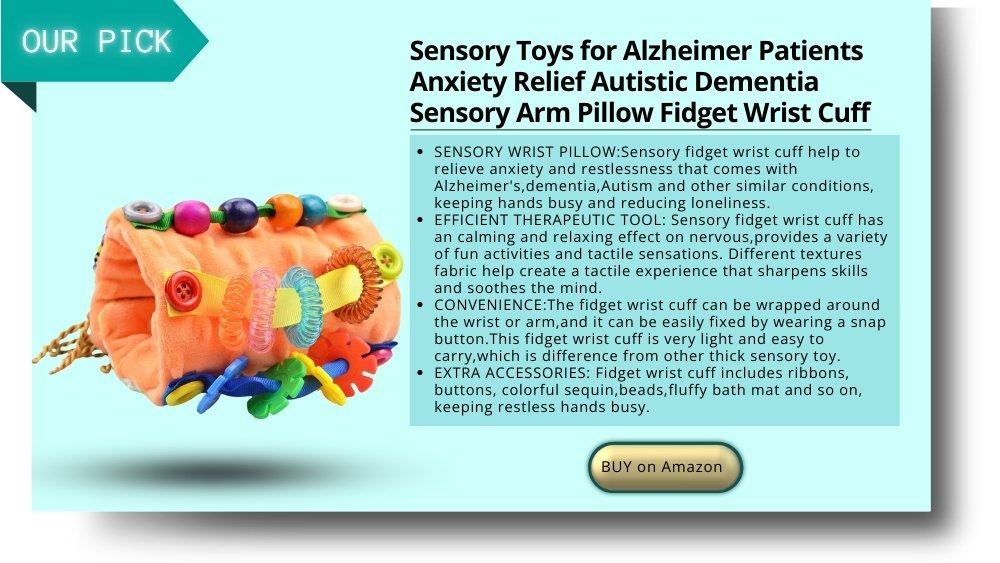
Understanding Dementia and Its Impact
You found her reading glasses inside the refrigerator freezer, or you saw utter confusion and panic overtake him in the grocery store. In a phone call, a concerned neighbor, relative, or friend told you that something didn’t seem quite right with your loved one. These moments often mark the beginning of a challenging journey — caring for someone with dementia.
Caring for someone with dementia can be an emotionally complex experience. If the person is a parent or grandparent, you suddenly find your roles reversed: That person who never forgot your birthdays, cleaned after you when you made a mess, and guided you to adulthood now needs your help coping with cognitive decline.
To navigate this journey successfully, caring for someone with dementia means resting when you can, being assertive when necessary, and reaching out for support when the burden becomes too heavy. Because yes, it will likely become overwhelming at one point or another.
Dementia refers to a group of symptoms affecting memory, thinking, and social abilities severely enough to interfere with daily functioning. While Alzheimer’s disease accounts for 60-80% of cases, there are several other types of dementia, each with unique characteristics.
It’s essential to remember that those living with dementia are still people with emotions and needs, deserving of respect and dignity. Despite any difficulties, there are many ways to approach caregiving with compassion, understanding, and kindness.
It’s important to remember that those living with dementia are still people with emotions and needs, so it is essential to treat them with respect and dignity. Despite any difficulties, there are many ways to make living with dementia a more manageable and positive experience for everyone involved.
Prefer to listen rather than read?
7 Evidence-Based Strategies for Effective Dementia Care
Let’s explore some strategies for caring for someone with dementia that can help improve their quality of life and also make life easier for their caregivers. By understanding the needs of the person with dementia and recognizing how to meet those needs best, caregivers can create a better life for both themselves and their loved ones.
Check out these practical tips to make caring for someone with dementia a more rewarding experience!
Establish a Routine for Daily Activities
Developing a regular schedule of activities can be an excellent way to make life easier and more enjoyable for someone with dementia! Regular activities ensure that the person with dementia has a sense of purpose, structure, and order throughout the day.
Regular Activities Are a Great Way of Learning and Remembering
When you’re caring for someone with dementia, it is important to plan activities that provide a sense of accomplishment and keep the person physically and mentally active. It gives structure to their days and helps them feel secure, as it reduces any confusion or anxiety.
Routines are also beneficial for learning and remembering new activities. Having a predictable schedule gives structure to their days and helps them feel secure, as it reduces any confusion or anxiety. Routines are also beneficial for learning and remembering new activities.
These Routines Provide a Sense of Accomplishment
Set aside time for walks, reading, puzzles, playing music, visiting friends, and other activities that the 0person enjoys. Additionally, it is important to plan for some flexibility in the daily schedule to allow for unexpected changes.
This could include familiar activities, such as baking or gardening, as well as new activities, such as art or music classes. Taking part in these activities can also help to lift their mood and give them a sense of purpose. With a regular routine in place, people with dementia can continue to enjoy life in spite of their diagnosis.

Provide Reminders and Cues
Providing gentle reminders and cues is an essential strategy for caring for someone with dementia. Reminders can come in various forms such as verbal reminders, visual cues, or even a simple note or picture. This can help remind the person to take their medication or perform an activity that is part of their daily routine.
Cues can be extremely helpful for those with difficulty understanding or remembering tasks. For instance, if it’s important for the person to remember to turn off all the lights before bedtime, a visual sign near the light switches can be an effective reminder. This sign might say something like “Turn off the lights before bed” or something more playful like “Let’s not be silly, turn off the lights!”.
This can be a great way to make the task easy to remember, as well as a fun way to engage with the person. Additionally, it can help to keep the energy positive and upbeat, so that the task doesn’t become a chore. With reminders and cues, it is important to keep them simple and consistent.
Reminders and cues are essential for caring for someone with dementia. However, keep them simple and use visual aids or written words to help them remember tasks and activities.
Make sure they’re familiar with the words or drawings and be sure to repeat them often. Additionally, keep the same routine and use the same words each time, as repetition can help those with dementia remember better.
Lastly, try to find ways to make the reminders and cues fun and engaging. If the person enjoys music, for example, you could use a familiar song as a cue. Or if they like animals, use a picture of a favourite pet as a reminder.

Simplify Tasks and Activities
Simplifying tasks and activities can be incredibly beneficial when caring for someone with dementia and their caregivers. By breaking down complex tasks into smaller, manageable steps, caregivers can help reduce the person’s anxiety and improve their sense of control.
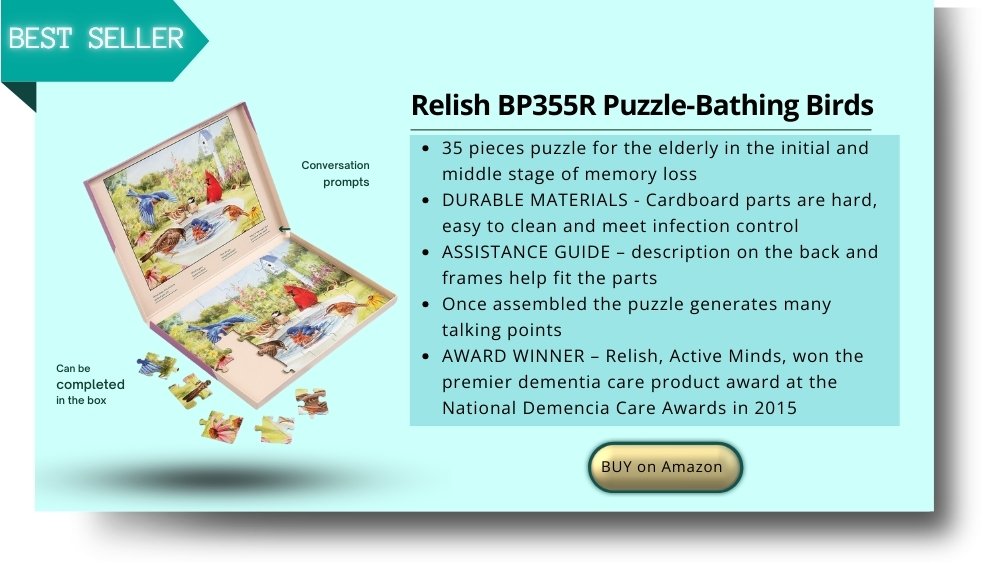
For example, instead of asking the person to prepare a meal, which can be overwhelming, you might ask them to help with a single task like setting the table or washing vegetables. This way, they can still contribute and feel a sense of accomplishment without becoming frustrated or overwhelmed.
It’s important to remember that simplifying a person’s routine doesn’t necessarily mean taking away their independence. Instead, it can actually help them feel more capable and accomplished. By giving them tasks that are manageable and achievable, you can help boost their self-esteem and sense of pride.
When caring for someone with dementia, making the surroundings simpler can also help. This might involve removing excess furniture, reducing visual clutter, and creating a more organized environment. A simpler environment can be less confusing and overwhelming for someone with dementia, making it easier for them to navigate and feel comfortable.
It’s essential to consider the person’s abilities and interests when simplifying tasks. What might be too difficult for one person might be perfectly manageable for another. Always strive to find the right balance between challenging the person enough to keep them engaged, but not so much that they become frustrated or discouraged.
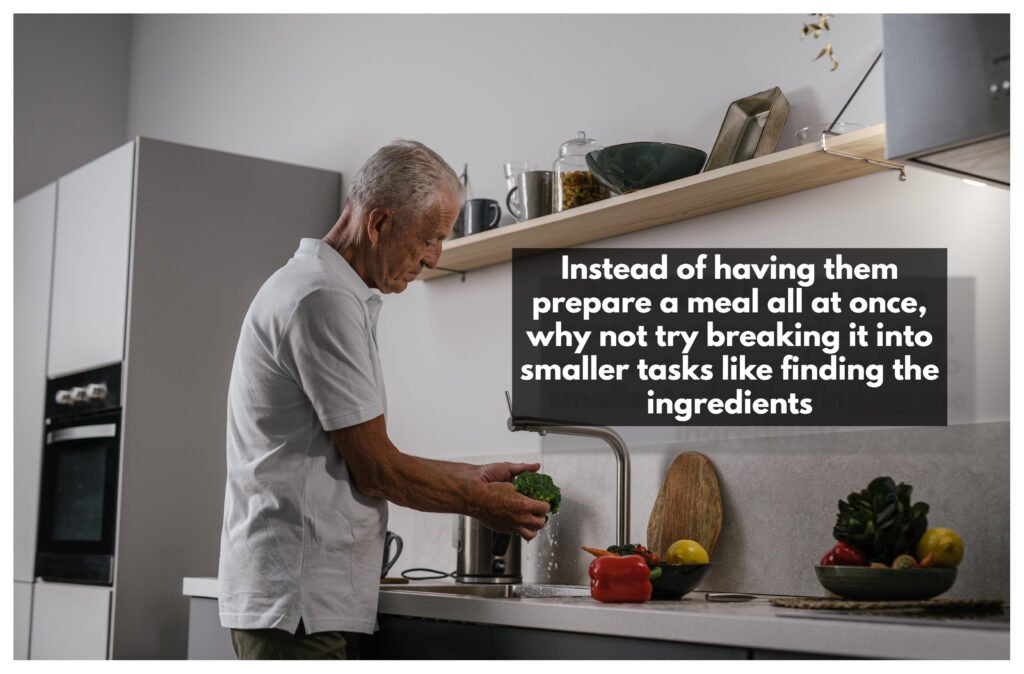
Acknowledge and Accept Changes in Behaviour
When caring for someone with dementia, it’s important to be mindful of and accept the changes in behaviour that may occur. As the disease progresses, the person may display behaviours that can be confusing, frightening or even intimidating.
It is essential to remember that these behaviours do not reflect the person’s true character. It often arises from the frustration of not being able to express themselves or understand their surroundings. Remember that these changes are part of the disease and not the fault of the person with dementia.
Actively listening and empathizing with the person can help create a sense of understanding, and it is often beneficial to provide a calming environment for them. It is also recommended that family and friends be patient and understanding as the person adapts to the changes in behaviour, and be willing to provide support and guidance.
It is also important to remain patient and understanding when caring for someone with dementia, as this can help reduce stress and make the situation easier for both the caregiver and the person with dementia.
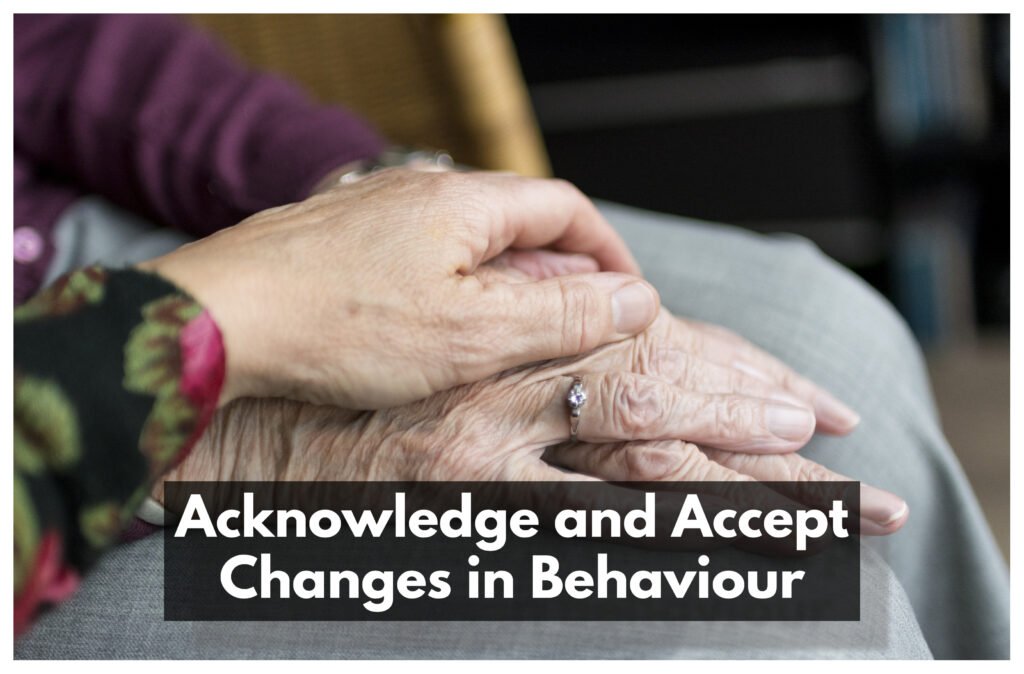
Reduce Distractions in the Environment
One of the most effective strategies for caring for someone with dementia is to reduce distractions in the environment. This means removing anything that could cause confusion or agitation, such as televisions and radios, and creating a peaceful, quiet atmosphere.
Create a Calm, Quiet Atmosphere
Whenever possible, try to reduce the number of people in the room to give those with dementia a sense of calm and security. A smaller crowd can help create a more relaxed atmosphere where people with dementia can feel less overwhelmed and more at ease. It’s important to create an atmosphere where they feel comfortable and can engage with the people in the room.
Keeping the group small can help facilitate meaningful conversations and interactions with those with dementia, while also providing them with a sense of safety and security. Keep furniture, rugs, and other items to a minimum to cut down on visual clutter. Finally, be mindful of the lighting in the room, as too much or too little light can leave the person disoriented.
Provide Social and Emotional Support
Providing social and emotional support to someone with dementia is an important part of caregiving that can have a huge positive impact on the patient’s quality of life. By creating a positive, calming atmosphere, the caregiver can help the patient feel safe, secure and accepted.
This can be achieved in a variety of ways, from engaging in meaningful conversations to providing a comforting touch or simply being present with them. The key is to remember that those with dementia are still people with emotions and needs, and they deserve to be treated with respect and dignity.
Engage in meaningful conversations that can help create a sense of understanding and connection. This could be as simple as talking about shared memories, discussing current events, or even just chatting about the weather. What’s important is that the conversation is tailored to their interests and abilities, and that they feel heard and valued.
Lastly, it’s essential to remember that providing social and emotional support isn’t just about what you do, but also about how you do it. Always approach the person with warmth, patience, and understanding. Even when communication becomes difficult, your tone of voice, facial expressions, and body language can convey your care and respect for them.

Offer Assistance with Difficult Tasks
When caring for someone with dementia, providing them assistance with difficult tasks can make their life so much easier. Consider offering to help with activities like grocery shopping, housekeeping, or making meals. These tasks may seem daunting and overwhelming to someone with dementia, so having a helping hand can be a tremendous relief.
Also, aiding in simple tasks such as getting dressed, brushing teeth, or personal hygiene can be beneficial for someone with dementia. Remember that what might seem like a straightforward task to you could be complex and challenging for them. Your patience and understanding are key during these moments.
Helping with tasks doesn’t mean taking over completely. It’s about finding the right balance – providing just enough assistance to make the task manageable while still allowing the person to maintain as much independence as possible. This approach helps preserve their dignity and sense of self-worth.
For example, instead of taking over meal preparation entirely, you might help with the more complex aspects like measuring ingredients or using the stove, while letting them handle simpler tasks like mixing or setting the table. This way, they still feel involved and useful, which is crucial for their emotional well-being.
Remember, offering assistance is not just about completing tasks efficiently; it’s about spending quality time together and showing your care and support. Even when the help you’re providing is practical, the emotional connection formed during these moments can be just as valuable.
Remain Positive and Uplifting
When providing emotional support and reassurance for someone with dementia, it’s important to keep in mind that although the individual may not be able to do things the way they used to, they still possess a variety of valuable skills and talents that can be utilized and appreciated.
Take time to appreciate the individual’s unique gifts and abilities, even as they change with the progression of dementia. It’s essential to remain positive and uplifting in your approach, focusing on what they can still do rather than what they can no longer accomplish.
For instance, if your loved one was once an accomplished pianist but can no longer play complex pieces, they might still enjoy simple melodies or even just listening to music. Recognize and celebrate these moments of connection and joy, no matter how small they may seem.
Remember, maintaining a positive attitude doesn’t mean ignoring the challenges or pretending everything is fine. It means finding moments of happiness and connection amidst the difficulties, and approaching each day with hope and compassion.
Your positivity can significantly impact the person’s mood and overall well-being. When you show genuine appreciation for their efforts and accomplishments, it helps boost their self-esteem and creates a more supportive and nurturing environment for both of you.
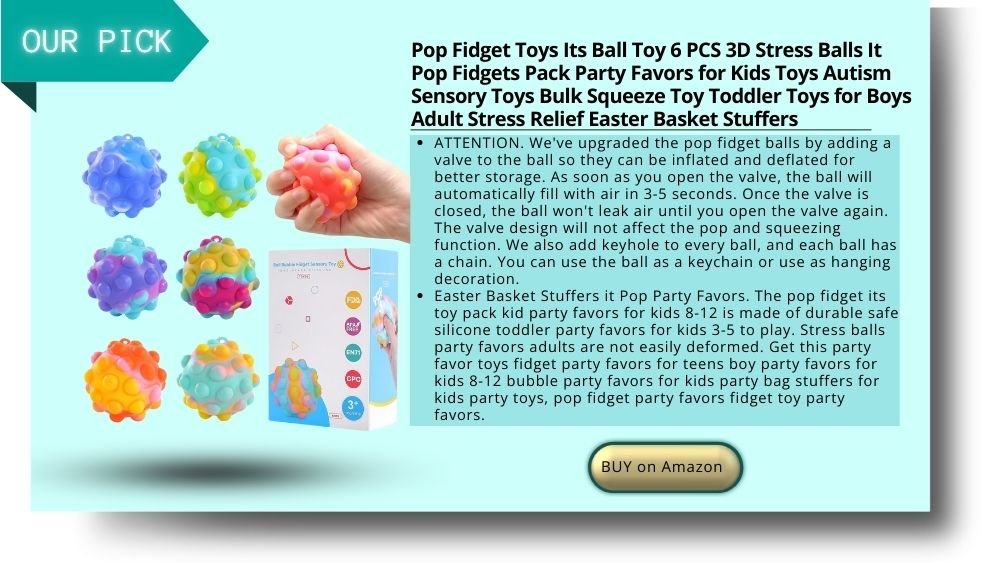
Conclusion
To sum it up, caring for someone with dementia can be a very difficult task and it’s important to remember to take care of your own needs too. By utilizing the strategies and tips discussed in this blog post, caregivers can make life easier and more manageable when caring for someone with dementia.
Creating an environment that is welcoming and comforting to your loved one is an important part of caring for someone with dementia. This may include simple changes like placing pictures of familiar faces around the room, providing easy-to-grasp utensils, and speaking in a calm, reassuring tone. Additionally, be mindful of potential triggers like changes in routine, overstimulating environments, or loud noises.
Looking for more helpful information on dementia? Check out our article about understanding the early signs of dementia! It’s sure to provide you with valuable insight.
Frequently Asked Questions About Caring for Someone with Dementia
- How do I handle it when my loved one with dementia doesn’t recognize me?
- This can be heartbreaking, but remember it’s the disease, not the person, causing this. Don’t test their memory by asking if they know who you are. Instead, calmly introduce yourself: “Hi Mom, it’s Sarah, your daughter.” Focus on creating a positive emotional experience rather than correcting memory lapses. Even when they don’t remember your name, they often still feel emotionally connected to you.
- My loved one with dementia keeps asking the same questions repeatedly. How should I respond?
- Repetitive questions are common in dementia and typically stem from memory loss and anxiety. Respond calmly and consistently each time, using the same simple explanation. Written reminders or visual cues can sometimes help. If the repetition is increasing, it might indicate discomfort, boredom, or anxiety that needs addressing.
- How can I manage aggressive behavior from someone with dementia?
- First, ensure your safety and theirs. Try to identify triggers that might be causing distress — pain, overstimulation, misunderstanding, or frustration. Remain calm, speak softly, and give them space. Distraction with a favorite activity often helps. If aggression becomes frequent or severe, consult their healthcare provider as it might indicate pain, medication side effects, or progression of the condition.
- Is it okay to correct someone with dementia when they say something that isn’t true?
- Generally, it’s better to focus on the emotional truth behind their statements rather than correcting factual errors. Arguing or correcting often causes distress and can damage trust. Instead, validate their feelings and gently redirect the conversation. For instance, if they’re looking for someone who has passed away, acknowledge their feelings: “You miss your brother. Tell me about a favorite memory with him.”
- What’s the best way to communicate with someone who has advanced dementia?
- As verbal abilities decline, non-verbal communication becomes increasingly important. Maintain eye contact, speak clearly and slowly, use simple sentences, and allow extra time for responses. Touch, facial expressions, and tone of voice can convey care when words fail. Music, looking at photos, or simply sitting together can create meaningful connections even when conversation is limited.
- How do I balance caregiving with my own needs?
- Caregiver burnout is a real concern. Establish a support network of family, friends, or community resources. Consider respite care options to give yourself regular breaks. Join a caregiver support group to share experiences and strategies. Remember that taking care of yourself isn’t selfish — it’s necessary to provide quality care. Even short periods of self-care can help maintain your physical and emotional well-being.
- What activities are beneficial for someone with dementia?
- Look for activities that connect to past interests but simplify them to match current abilities. Sensory activities like listening to favorite music, looking at photos, gardening, or gentle exercise are often successful. Creative activities like simplified art projects can provide enjoyment and self-expression. Most importantly, focus on the process rather than the outcome, and emphasize enjoyment rather than achievement.
- When should I consider professional care or a memory care facility?
- This is a deeply personal decision, but signs it might be time include: caregiver exhaustion or health problems, inability to manage challenging behaviors safely, wandering or exit-seeking, increasing care needs beyond your physical capabilities, or when the person’s doctor recommends more specialized care. Many families use a combination of in-home professional help before transitioning to facility care. Remember that seeking additional help often means better care for your loved one.
REFERENCES
- Alzheimer’s Association. (2024). Dementia Care Practice Recommendations.
- Centers for Disease Control and Prevention. (2025, January). Dementia Caregiving as a Public Health Strategy.
- Centers for Medicare & Medicaid Services. (2024). Guiding an Improved Dementia Experience (GUIDE) Model.
- Livingston, G., et al. (2024). Dementia prevention, intervention, and care: 2024 report of the Lancet standing Commission. The Lancet, 404(10452), 572-628.
- National Institute on Aging. (2024). Research on Alzheimer’s Disease and Related Dementias.
- World Health Organization. (2025, March). Dementia Fact Sheet.
Disclaimer
The content provided on MySeniors.World is for informational purposes only and is not intended as either financial or medical advice. Always consult a qualified professional before making any investment or health-related decisions.
Posts may contain affiliate links, meaning we earn a commission – at no additional cost to you, if you click through and make a purchase. Your support helps us continue providing valuable content.

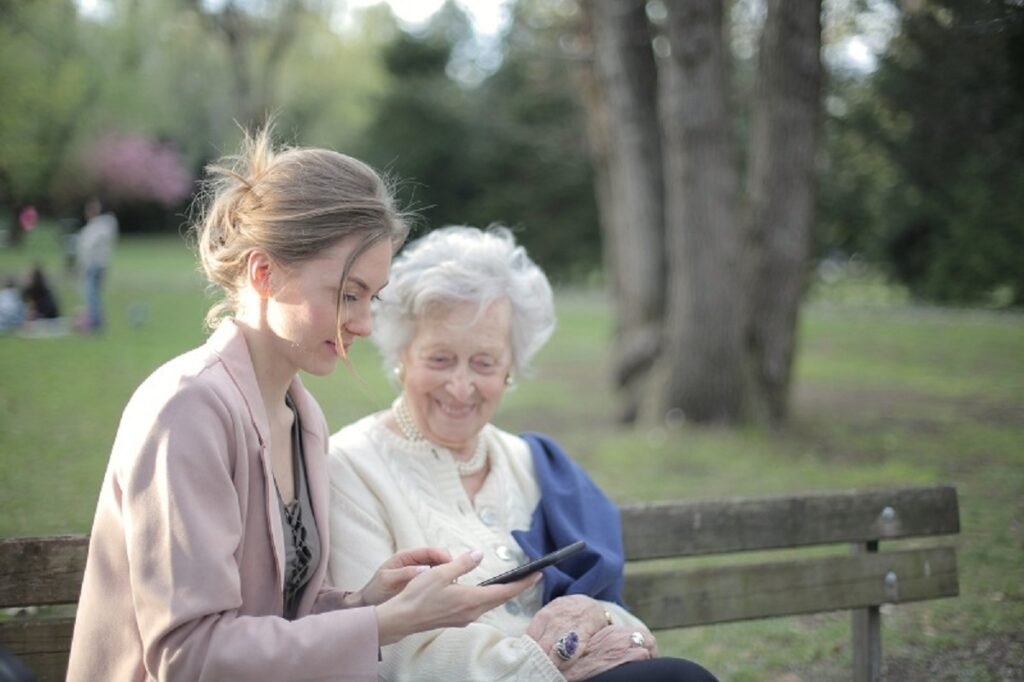




Responses